“Let’s contact our elected officials and let them know that you value our natural resources, wish they would think more about habitat and consider these plans.”


“Let’s contact our elected officials and let them know that you value our natural resources, wish they would think more about habitat and consider these plans.”

“Funds might cross lines that regulations can’t cross.”

“MountainTrue believes the primary sources driving E. coli and water quality impairment are failing septics, animal agriculture and urban stormwater runoff.”
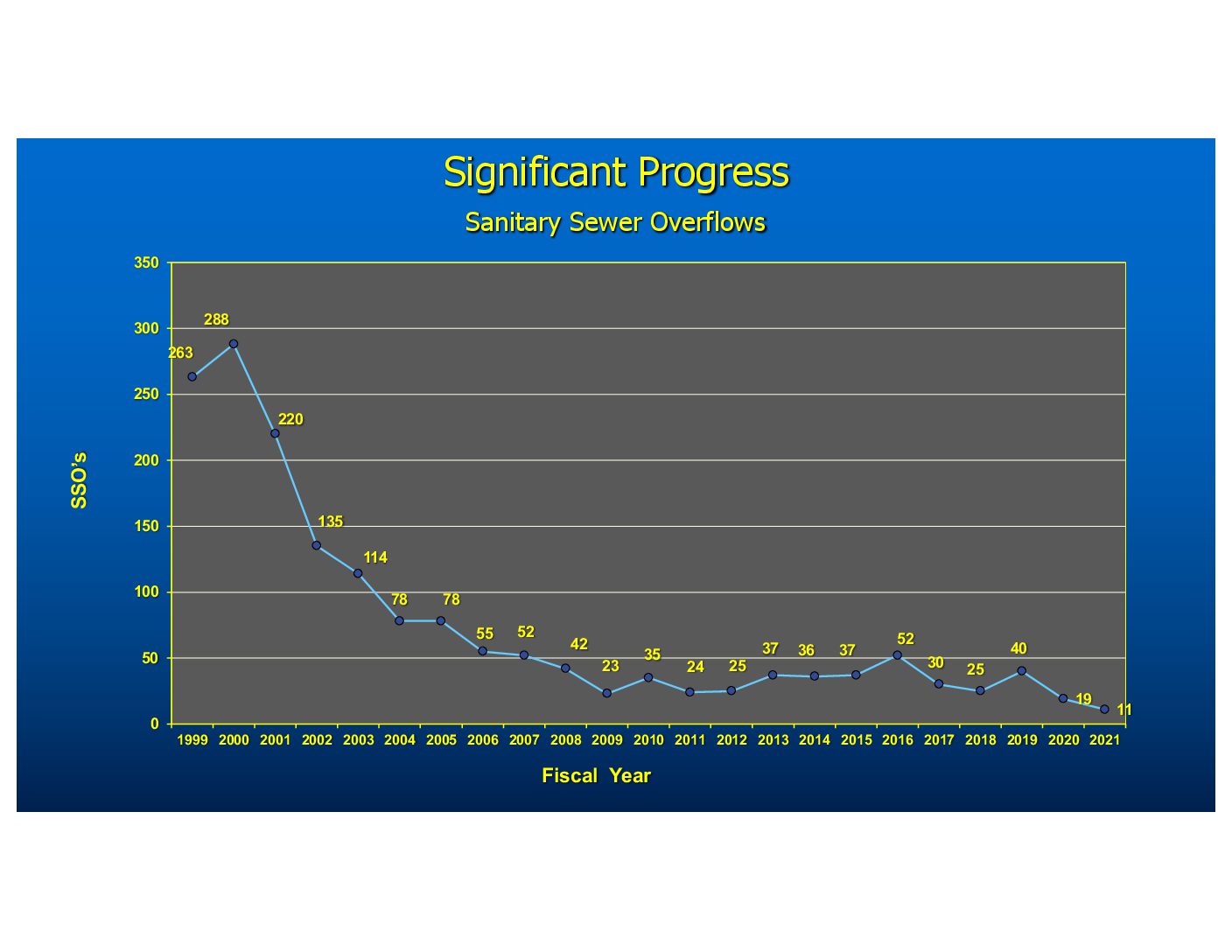
“The [July 27] Molton cartoon is a very unfortunate representation of what is involved in the water quality issues in the French Broad River.”
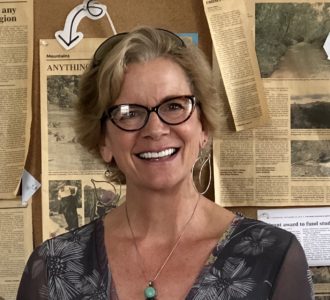
“I am not just excited but honored to be part of this extraordinary journey to advocate for and protect the French Broad River and to champion responsible economic development and vitality.”

“I continue to be motivated by the hundreds of volunteers and watershed professionals who have been working to improve water quality in these mountains.”
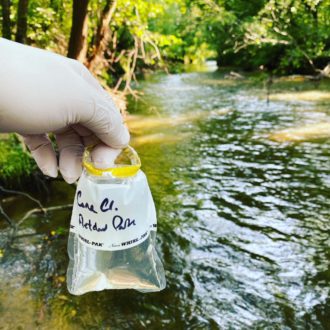
A $25,670 grant from The Community Foundation of WNC is helping MountainTrue continue testing begun last year; eventually, the group wants to be able to give rivergoers up-to-the-minute information about E. coli levels.
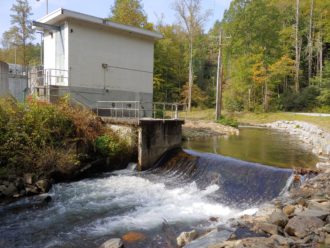
City leaders in Brevard stand behind a public works director facing federal prosecution over handling of contaminated soil taken to a Transylvania County landfill.

The otters play a seminal role in determining the health of a river system. N.C. State University researchers tested hundreds of river otters throughout the state for diseases and metal accumulation. What they found could be good news for humans.
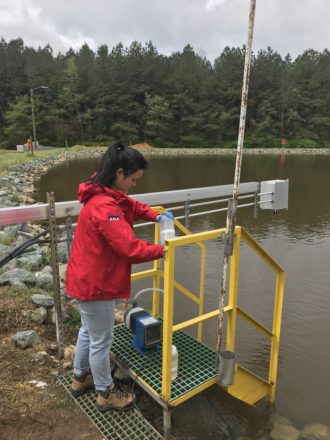
None of the systems that serve the Xpress coverage area exceeded the Environmental Protection Agency’s advisory limit for the so-called “forever chemicals.” Nor did any system have more than 10 ppt of any individual PFAS, the level at which the N.C. Department of Environmental Quality has required Chemours Co. to provide water filtration.
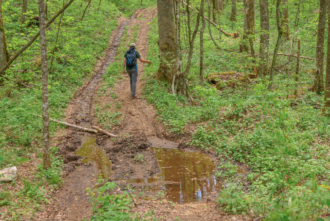
“Right now, the U.S. Forest Service is drafting the next forest management plan for the Nantahala and Pisgah national forests … and, unfortunately, the current draft is inadequate in a few very important ways when it comes to protecting water quality.”
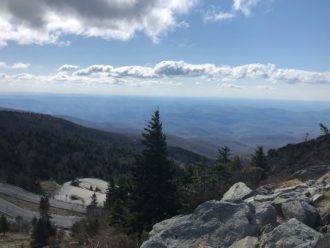
Xpress reached out to several organizations responsible for monitoring the region’s air and water to learn how the environmental situation has changed since Buncombe County issued its COVID-19 state of emergency declaration on March 12, which marked the first local guidance for people to reduce nonessential business and travel.
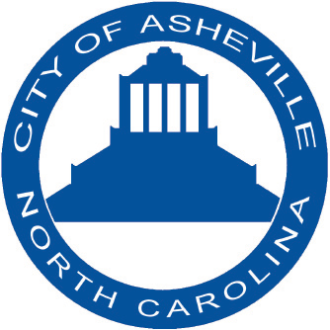
During their meeting of Tuesday, March 10, Asheville City Council members will consider a $473,000 contract for emergency repairs at the North Fork Water Plant, the largest of the city’s three water treatment plants.

ASHEVILLE, N.C.

“On Swannanoa River Road from Biltmore Avenue — especially near the Antique Tobacco Barn and on down toward Tunnel Road — the overgrowth over the river is a sorry sight indeed.”

On Sept. 6, 1951, thousands of dead fish floated down the highly polluted French Broad River.

“When pollution gets in our rivers, it can have a bigger impact than you may think.”

Western North Carolina’s wild places and creatures lie at the heart of the region’s appeal, inspiring local artists and attracting visitors from across the globe. Events in 2018 promised to shape the future of those natural resources for years to come.

“To inquire, ‘Is this stream clean?’ is a valid endeavor, and together we can take legitimate steps to answer it.”

“I have to follow the data, and the data shows that, despite great progress, we still have a pollution problem on the French Broad and that it’s not always safe to be out on the water.”

ASHEVILLE, NC